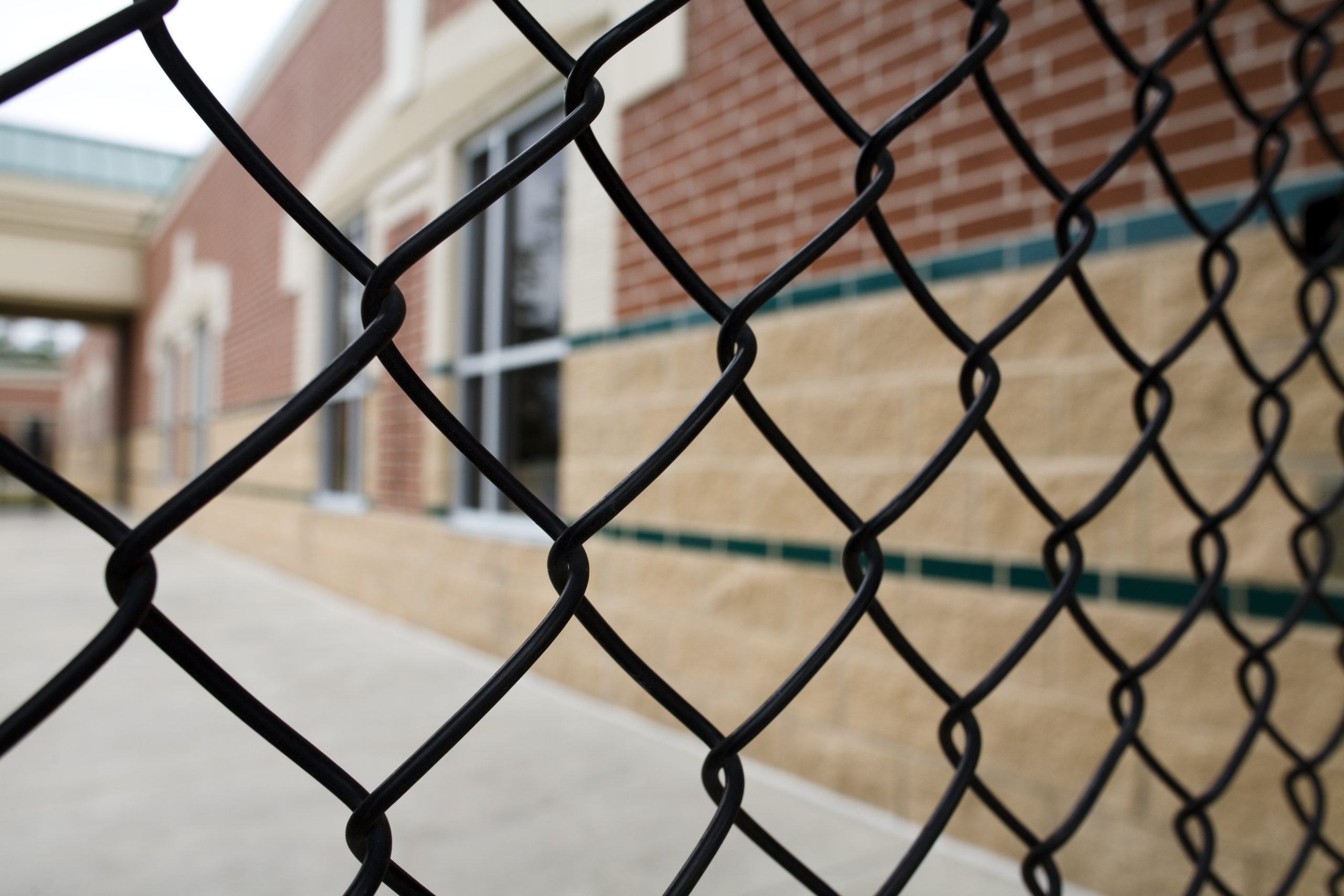The state Department of Health Care Services (DHCS) must do more to ensure children in the California Medical Assistance Program (Medi‑Cal) receive preventive health services, according to a Sept. 13 report from the California State Auditor’s office.
Schools can play a significant role in accomplishing this.
While the state auditor’s report focuses on steps DHCS can take moving forward, the U.S. Department of Health and Human Services has also released a checklist of strategies and guidance for state Medicaid agencies assisting school systems with Medicaid reimbursements for students’ school-based health services.
“Although schools are primarily providers of education, the school setting provides a unique opportunity to enroll eligible children and adolescents in Medicaid and the Children’s Health Insurance Program (CHIP), furnish Medicaid-covered services, including behavioral health services (mental health and substance use disorder [SUD] services) to eligible children, and help children who are enrolled in Medicaid access the services they need,” wrote Daniel Tsai, deputy administrator and director of the Center for Medicaid and CHIP Services. “Schools are uniquely positioned to increase health equity and to help ensure that all children have access to necessary health care services. This includes services provided through a formal Individualized Education Program (IEP) and Individualized Family Service Plan (IFSP) under the Individuals with Disabilities Education Act (IDEA), or other plan and services provided outside of those plans where the services are made available without charge to the beneficiary, including when the services are available without charge to other students not enrolled in Medicaid.”
The checklist includes a variety of recommendations for services and reimbursement management practices, as well as explanations and clarifications of existing rules. Some align with the call for increased access to preventive care from the California State Auditor’s office.
For instance, the Medicaid “free care” policy could apply when a school nurse administers fluoride treatment to the entire student body, so long as that nurse or the school is enrolled as a Medicaid provider, according to the Aug. 18 Department of Health and Human Services report. Doing so would make the fluoride treatment eligible for Medicaid payment.
However, the report noted that only about 16 states currently allow districts to seek reimbursements for school-based health services for all Medicaid-eligible students. California is one of those states.
Statewide, about half of children receive medical care through Medi‑Cal. “Nearly all of these 5.5 million children receive care through managed health care plans to which the state pays a monthly premium for each enrolled child,” wrote acting California State Auditor Michael Tilden. “However, in analyzing data for nearly the past decade, we determined that less than 50 percent of the children in Medi‑Cal have received the required preventive services that would help ensure that they live healthier, more productive lives.”
In March 2019, the State Auditor’s office issued report 2018-111 regarding the DHCS oversight of the delivery of preventive services to children in Medi‑Cal.
This recent follow up notes that DHCS made progress implementing that audit’s recommendations, “but it has yet to fully implement eight of the 14 recommendations made in 2019, and many of DHCS’s efforts to improve its oversight of health plans’ provision of children’s preventive services were placed on hold during the COVID-19 pandemic. We believe that the ongoing threat of COVID-19 and other communicable diseases provides more reason, not less, for DHCS to reinstitute and improve its oversight of health plans’ provision of required preventive health care services to children.”





